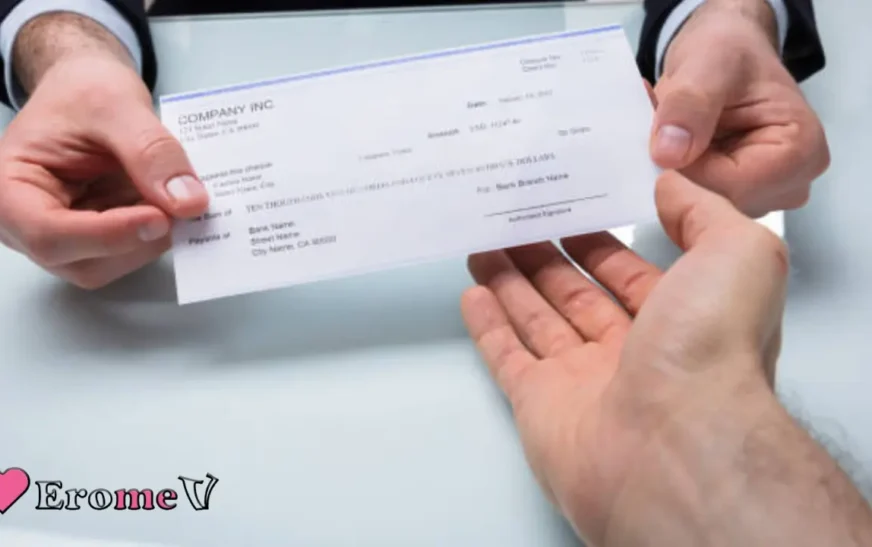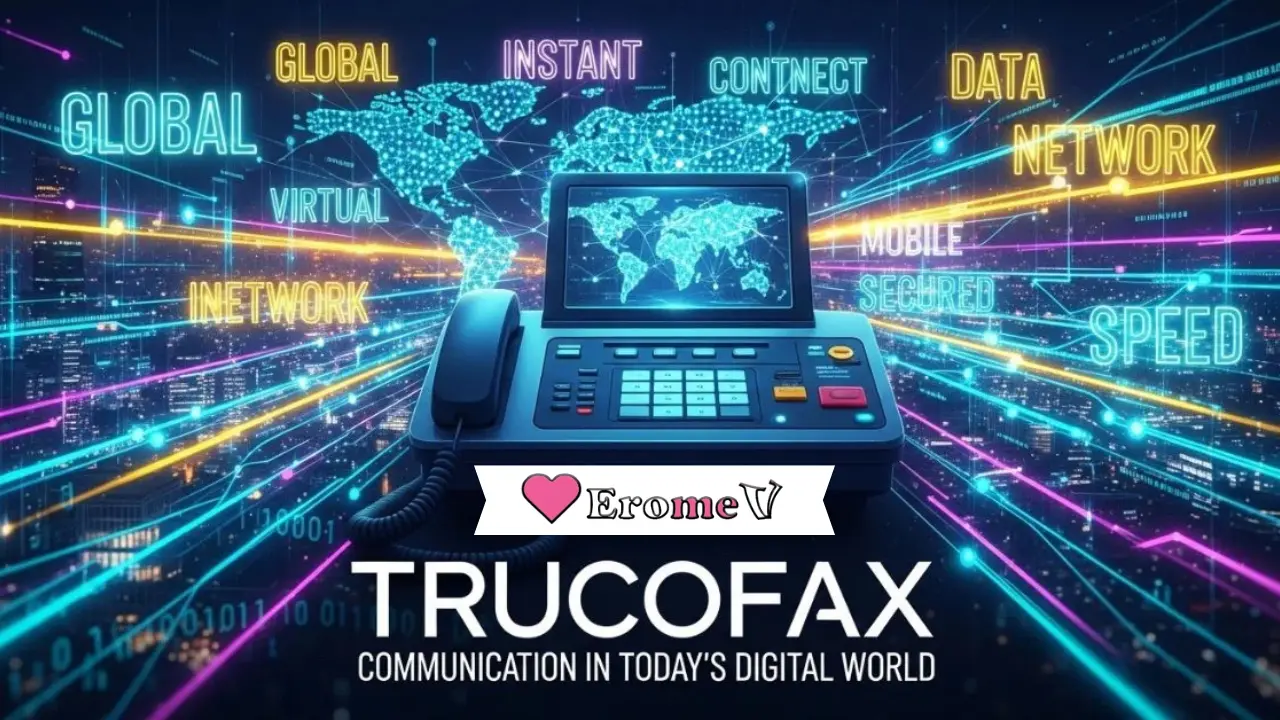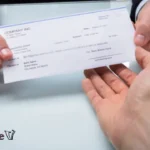Told to come with a big purchase that you need a cashier check? Perhaps when purchasing a vehicle, when putting money down on a house or a business transaction? Cashier checks are reliable, as they are backed by guaranteed funds, but beneath the surface there is more to them than meets the eye. We will have to de-mystify all that you have to know about them such as how they are utilized, when to use them, the advantages of using them and even the dangers.
What is a Cashier Check?
The Difference between it and a Personal Check.
A cashier check is drawn directly on the funds of the bank, as opposed to personal checks that depend on the availability of the funds in the account holder’s account. This renders it safer and dependable.
The Reason why people write cheques to Cashiers.
These are primarily applied in high transaction value transactions that the receiver requires to be certain the money is assured and will not bounce.
How Does a Cashier Check Work?
How to get one, Step By Step.
- See your bank or credit union.
- Request a cashier check.
- Give the name of payee and the amount of check.
- The bank removes the amount of money in your account.
- The bank issues the check from its own funds.
Bank’s Role in Issuing Cashier Checks
The bank becomes a guarantor and the recipient is sure that the money is present and valid.
Pros of a Cashier Check.
Security and Reliability
The payment is one of the safest as the check is secured with the bank.
Guaranteed Funds
Money is already secured and recipients do not need to worry about bounced checks.
Faster Processing
Cashier checks usually clear quicker as opposed to personal checks because banks have confidence in the authenticity of the checks.
Disadvantages of Cashier Checks
Fees and Costs Involved
A cashier check is charged by most banks between $5 to $15 bucks.
Limited Accessibility
You have to visit the bank (or occasionally order via the internet), which is not always convenient.
Potential Fraud Risks
Fraudsters make use of counterfeit checks. The check may have a realistic look, but without verification it may be worth nothing.
When a Cashier Check should be used?
Large Transactions
Ideal in transactions exceeding thousands of dollars as in the purchase of property and vehicles.
Buying Property or Vehicles
Deposits are often demanded in the form of cashier checks by the real estate agents, dealerships, and landlords.
Making Secure Deposits
They are perfect when it involves trust such as in business transactions or when paying tuition.
Cashier Check vs. Money Order
Key Differences
- Money orders can be bought at convenience stores, post offices and retailers; banks issue cashier checks.
- Checks made at the cashiers are larger; money orders are normally limited to $1,000.
Which of them is the best in this or that situation?
A money order can be cheaper in case you are sending a small amount. Cashier checks are safer in large payments.
Cashier Check vs. Certified Check
Similarities
They are both more secure than personal checks and are guaranteed.
Important Distinctions
A certified check is done with the funds of the account holder but the bank verifies it. A cashier check, however, draws on the funds of the bank directly- which makes it safer.
How to Get a Cashier Check
Requirements from the Bank
- You need a bank account.
- Valid ID is required.
- Sufficient funds in your account.
Steps to Follow
- Request the check.
- Pay the amount plus fee.
- Get the check official check of the bank.
What Is the Cost of a Cashier Check?
Bank Fee Ranges
Banks normally charge between 5-15 dollars although this can be higher.
Ways to Avoid or Reduce Fees
Free cashier checks may be offered to the premium account holders. Certain credit unions have reduced fees.
Cashing or Depositing a Cashier Check.
At Your Bank
You can deposit or cash it in your account directly. Money can be disbursed in a day of business.
At Other Institutions
As well, you can check cashing at check-cashing service or at the bank that has issued the check, but it may cost more.
Are Cashier Checks Safe?
Common Scams to Avoid
Fraudsters tend to send counterfeit checks as part of an overpayment scam. In case it appears suspicious then confirm with the issuing bank.
Verifying Authenticity
Never accept a check without verifying with the bank that issued the check.
Alternative Checks to Paper Checks.
Wire Transfers
Wire transfers involve direct transfer of money between bank accounts and cost less when doing international transactions.
Mobile Payment Platforms
Such apps as PayPal, Venmo, and Zelle offer instant transfers but do not have the same guarantees.
Self Protection tips.
Double-Checking Details
Name, amount and date should always be correct before accepting or sending a cashier check.
Immediate Reporting Fraud.
When you suspect that a check is fake, call your bank and law enforcement immediately.
Conclusion
Cashier checks are one of the safest ways of paying large amounts of money. They assure money, establish confidence and are accepted with ease. However, they incur expenses and a risk of fraud, in case they are not done with caution. For knowing when and how to use them, you will be able to defend yourself and to make transactions as smooth and safe as possible.







